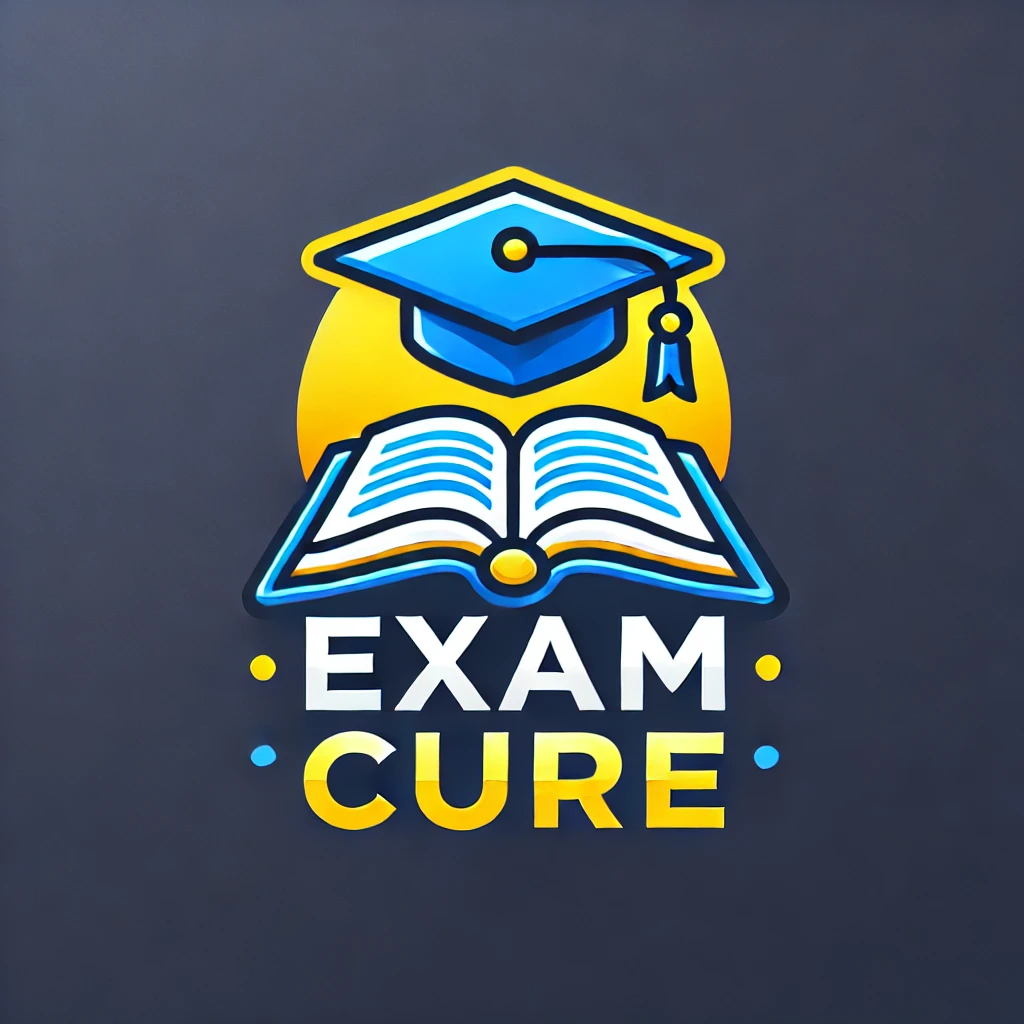Ace Psychiatry DHA Prometric Exam
Ready to pass the DHA Prometric Examination of Psychiatry?
Then prep for the DHA Prometric exam with Exam Cure . Gain access to more than 1000
review practice questions with detailed explanations for both correct and
incorrect responses.
The Psychiatry question bank follows the exam content outline for the DHA
Prometric exam of Psychiatry.
Course contents
Pricing
Money Back if you don't Pass
3 Monthly
Key Psychiatry DHA Prometric Exam Q Bank Features &Benefits
Thorough Explanations
Test Exams & Unlimited Quizzes
Do better on your exams with answers.
Study at your own pace
About the Question Bank
Our review is designed to help you maximize your score on the Psychiatry DHA Prometric Exam. EXAM CURE questions and articles are based on our experts review of Psychiatry DHA Prometric exam Blueprints. Each Q Bank is designed to empower you to assess your knowledge and understanding of medical principles and concepts found on the Psychiatry Exam.
Multiple-choice questions
Psychiatry DHA Prometric Exam Overview
How many hours is the Psychiatry Exam?
How many questions is the Psychiatry Exam?
What topics are covered on the Psychiatry DHA prometric Exam?
More About the Psychiatry DHA Prometric Exam
Psychiatry Prometric Exam
Administered by Dubai Health Authority (DHA)
Duration: 3 Hours
Number of Questions: 150
Pass Score: 65%
Fee: USD 280
Exam Code: PSY5961
Key Exam Insights for DHA Psychiatry Exam Blueprint:
This exam consists of 150 MCQs and lasts 3 hours. Below is a breakdown of the key areas and what to focus on for each section:
Exam Coverage:
Child and Adolescent Psychiatry
- Focus: Developmental disorders, mood and anxiety disorders in youth, ADHD, and behavior disorders.
- Tips:
- Study developmental milestones and assessment techniques for children.
- Familiarize yourself with the management of ADHD, conduct disorder, and mood disorders in adolescents.
Public Psychiatry / Geriatric Psychiatry
- Focus: Community mental health, care for the elderly, cognitive disorders, and age-related mental health issues.
- Tips:
- Understand the principles of community psychiatry, including preventive and rehabilitative strategies.
- Study dementia, delirium, and the pharmacologic considerations for elderly patients.
Emergency Psychiatry
- Focus: Acute psychiatric crises, suicide risk assessment, and management of agitation.
- Tips:
- Be familiar with crisis intervention, managing suicidal ideation, and techniques to de-escalate aggressive behavior.
- Study emergency protocols for managing psychotic breaks and severe mood disturbances.
Anxiety Disorders / Obsessive Compulsive and Related Disorders / Trauma and Stress-Related Disorders
- Focus: Diagnostic criteria and treatment for anxiety, OCD, PTSD, and acute stress disorder.
- Tips:
- Review pharmacologic and psychotherapeutic treatments for anxiety disorders and OCD.
- Study trauma-informed care and evidence-based approaches for PTSD.
Depressive Disorders / Bipolar and Related Disorders
- Focus: Major depressive disorder, bipolar spectrum disorders, and mood disorder management.
- Tips:
- Understand the pharmacologic treatments, including mood stabilizers and antidepressants.
- Familiarize yourself with the signs, symptoms, and diagnostic criteria of bipolar and depressive disorders.
Schizophrenia Spectrum and Other Psychotic Disorders
- Focus: Psychotic disorders, schizoaffective disorder, and management of psychosis.
- Tips:
- Study antipsychotic medications, both first-generation and second-generation, and their side effects.
- Review the psychosocial interventions and rehabilitation options for psychosis management.
Substance-Related and Addictive Disorders
- Focus: Addiction, withdrawal syndromes, and the pharmacologic and psychotherapeutic management of substance abuse.
- Tips:
- Understand the neurobiology of addiction and the stages of withdrawal for common substances.
- Study the use of medications like methadone, buprenorphine, and naltrexone in addiction treatment.
Personality Disorders
- Focus: Diagnostic criteria for various personality disorders, especially borderline, antisocial, and narcissistic personality disorders.
- Tips:
- Familiarize yourself with the characteristics of cluster A, B, and C personality disorders.
- Study therapeutic approaches, including dialectical behavior therapy (DBT) for borderline personality disorder.
Psychosomatic Medicine (Consultation-Liaison Psychiatry) / Somatic Symptom and Related Disorders
- Focus: Interactions between physical and mental health, somatic symptom disorder, and consultation in medical settings.
- Tips:
- Review the role of psychiatry in managing patients with chronic physical illnesses.
- Study conversion disorder, illness anxiety disorder, and approaches to psychosomatic complaints.
Psychotherapy / Psychosocial Interventions
- Focus: Types of psychotherapy, including CBT, DBT, and psychodynamic therapy, and their applications.
- Tips:
- Study indications and contraindications for different psychotherapeutic approaches.
- Understand the basics of therapeutic alliance, transference, and countertransference.
Basic Psychopharmacology / Physical Therapy (ECT and others)
- Focus: Common psychiatric medications, ECT, and other physical treatments for mental health disorders.
- Tips:
- Review pharmacokinetics and pharmacodynamics of psychotropic medications.
- Understand the indications, mechanisms, and side effects of ECT and other physical therapies.
Forensic Psychiatry
- Focus: Legal aspects of psychiatry, including competency, criminal responsibility, and risk assessment.
- Tips:
- Familiarize yourself with ethical and legal issues, including confidentiality and informed consent.
- Study forensic evaluation techniques and guidelines for reporting.
Patient Safety & Professionalism and Ethics
- Focus: Ethical principles, patient safety protocols, and the role of professionalism in psychiatry.
- Tips:
- Understand issues related to confidentiality, consent, and the psychiatrist-patient relationship.
- Review case studies in psychiatry ethics, focusing on challenging scenarios in mental health practice.
General Study Strategies:
Blueprint Review:
Start by understanding the weight of each section, with a focus on high-yield topics like mood disorders, psychosis, and anxiety disorders.Textbook Reference:
Utilize references such as "Kaplan and Sadock's Comprehensive Textbook of Psychiatry" and the "New Oxford Textbook of Psychiatry" for detailed content.Practice Questions:
Use psychiatry-specific question banks to reinforce key concepts and assess readiness.Mock Exams:
Simulate exam conditions to get comfortable with the timing and question format.Ethics and Forensic Psychiatry:
Place emphasis on ethics, patient safety, and forensic aspects, as these are crucial for real-world application and high-yield in exams.
By tailoring your study strategy to this blueprint, you’ll be well-prepared for the specific content distribution and time pressures of the DHA Psychiatry Prometric Exam.

